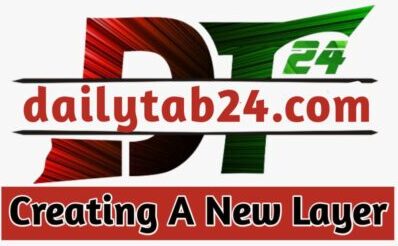Report | Kanu has been begging FG for out-of-court settlement plea since three months
When Nnamdi Kanu finally disclosed to Justice Binta Nyako in front of the press that he wants out-of-court settlement, it brought to an end months of plea shrewd in secrecy.
Dailytab24 was exclusively informed of his plea advances three months ago, but there was no hard evidence to back up the report, forcing Dailytab24 to withdraw from publishing the report.
“Nnamdi Kanu is begging for negotiation, but the Presidency is not showing interest. I think he could get his much fought bail if he finally negotiates” a source familiar with the matter issued when approach was made on the situation of Kanu’s case three months ago.
There was a trust issue between Nnamdi Kanu and the federal government. The government is afraid he would betray internal agreement.
“I think he could be bailed, but it depends on the negotiation” the sourced said three months ago.
Previously, Nnamdi Kanu was released on a detailed agreement. His first incarceration in 2015 led to protests across the country, which forced the federal government into negotiation that begot bail conditions. But Kanu’s release turned against the government after he jumped bail.
Nnamdi Kanu leads Indigenous People of Biafra, a group fighting for the restoration of the defunct Biafra.
His group was initially peaceful, using civil disobedience and protest to drive home its objective. But it soon became a threat to peace when it launched an armed wing – which degenerated into insecurity due to lack of organisation.
At the Abuja Federal High Court during his trial, the IPOB leader disclosed that he had triggered section 17 of the Federal High Court Act, which enables him to constitutionally seek to negotiate with the Federal Government on settling the matter it has with it.
“In any Proceeding In the court, the court may promote reconciliation among parties thereto and encourage and facilitate the amicable settlement thereof”. The section quotes.
By virtue of the section, Nnamdi can initiate negotiation with the Federal Government. Such negotiation can include a federal plea deal or acquittal for favor.
Previously, Nnamdi had shown signs of concessions. Vowing to help the Federal Government stem the tide of insecurity if released.
It was a subtle message of negotiation passed to the Federal Government, but it was unheeded.
Negotiation is the last thing Nnamdi had envisage, knowing that would ultimately end his campaign.
His members had often boasted with the mantra “Biafra is non-negotiable”. They have also ruled out any negotiation with Nigeria. Nnamdi Kanu breaking the vow could mean a change of policy in his agitation.
His members could view his plea for negotiation as end of his agitation, but few gaining leaders in the organisation may want to twist the narrative to retain their faith and support.
Kanu spoke through his lead counsel, indicating that as soon as the two latest applications filed before the Federal High Court fail, section 17 of the court will be triggered.
The applications are bound to fail, because they address jurisdiction and a move to form 49.
Responding to this, counsel to the Federal Government, Adegboyega Awomolo, told the court that he had earlier informed the defendant that he does not have the powers to negotiate on behalf of the Federal Government as the fiat given to him does not empower him to negotiate.
He added that the defendant should approach the Attorney General of the Federation.
The negotiation must go back to the presidency, as neither the court nor the prosecution has the right to make a deal.


